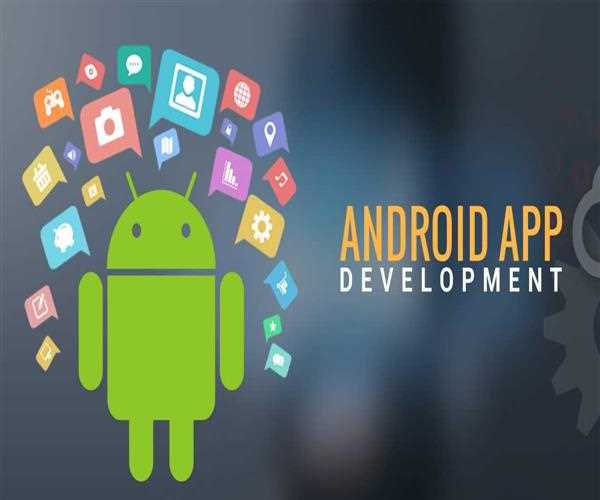How to Get Into Android App Development: A Comprehensive Guide

Are you fascinated by the world of Android app development and eager to dive into this exciting field? Whether you're a complete beginner or have some programming experience, this comprehensive guide will walk you through the steps to become an Android app developer. From learning the basics of Java programming language to mastering the Android Studio development environment, this article will equip you with the necessary tools and knowledge to kick-start your journey in creating your own Android applications.
In this guide, we will break down the process of getting into Android app development into several sessions, each focusing on a specific aspect of the journey. By the end of this article, you will have a clear roadmap to follow and the confidence to start building your first Android app.
Session 1: Introduction to Android App Development
In this session, we will provide an overview of Android app development, discuss the benefits of becoming an Android developer, and explore the different career opportunities available in this field.
Session 2: Setting Up Your Development Environment
In this session, we will guide you through the process of setting up your development environment. We will cover the installation of Java Development Kit (JDK), Android Studio, and configuring the necessary SDKs and emulators.
Session 3: Java Programming Fundamentals
Before diving into Android app development, it's crucial to have a solid understanding of Java programming language. In this session, we will cover the fundamentals of Java, including variables, data types, control structures, and object-oriented programming concepts.
Session 4: Getting Started with Android Studio
Android Studio is the official integrated development environment (IDE) for Android app development. In this session, we will explore the various features of Android Studio and learn how to create a new project, navigate the user interface, and utilize essential tools and plugins.
Session 5: User Interface Design with XML
An aesthetically pleasing and user-friendly interface is crucial for the success of any Android app. In this session, we will delve into XML (eXtensible Markup Language) and learn how to design interactive layouts using Android's XML markup language.
Session 6: Exploring Android Components
In this session, we will examine the different components that make up an Android app, such as activities, fragments, intents, and services. We will explore their functionalities and how they work together to create a seamless user experience.
Session 7: Handling User Input and Events
Interacting with users is a fundamental aspect of Android app development. In this session, we will cover various techniques for capturing user input, responding to events, and implementing interactive features in your Android applications.
Session 8: Working with Data Persistence
Most apps require the ability to store and retrieve data. In this session, we will explore different data persistence techniques in Android, including working with SQLite databases, shared preferences, and content providers.
Session 9: Integrating APIs and Services
Android provides a wide range of APIs and services that allow app developers to leverage powerful functionalities. In this session, we will learn how to integrate APIs and services into your Android apps, such as Google Maps, Firebase, and social media integration.
Session 10: Testing and Publishing Your App
Testing is a crucial step in the app development process to ensure its stability and functionality. In this session, we will discuss different testing methodologies and explore the process of publishing your app on the Google Play Store for users to download and enjoy.
In conclusion, this comprehensive guide has provided you with a roadmap to embark on your Android app development journey. By following the sessions outlined in this article, you will gain the necessary knowledge and skills to create your own Android applications and open up a world of possibilities in the exciting field of mobile app development.